Protect Your Legacy with Estate Planning for Retirees
Preserve Your Legacy with Confidence
A comprehensive estate plan ensures that your wishes are honored and your legacy is carried forward. Our estate planning for retirees aligns beneficiary designations, trusts, and tax-aware giving with the rest of your financial life. At Haynie Wealth Management, we coordinate closely with legal and tax professionals so your plan reflects your values, supports loved ones, and remains integrated with your
retirement strategy.
Top Questions We Answer About Wills, Trusts, and Beneficiaries
- Do I need a will and a trust, and how do they work together?
- How can I ensure my assets are distributed according to my wishes after I pass away?
- Are there tax implications I should know when creating or updating my estate plan?
- I’m not “rich enough” to need an estate plan… right?
- How can I record my medical preferences and appoint decision-makers?
- How often should I review and update my estate plan documents
- What strategies can help address estate taxes and support a smooth inheritance?
- Should I establish a trust—and if so, which type fits my goals?
- How can I provide for dependents with clear instructions and safeguards?
- Can charitable giving and QCDs be part of my estate plan?
Estate Planning Guidance on Wills, Trusts, and Giving
Wills and Trusts
Guidance on establishing key documents that outline your wishes and provide structure for how assets will be managed and distributed.
Charitable Giving Plans
Create meaningful gifts using strategies like qualified charitable distributions (QCDs) and appreciated stock to align impact with potential tax advantages.
Wealth Transfer Strategies
Design approaches that can minimize taxes and help maximize what you pass to the next generation.
Healthcare Directives and Power of Attorney
Ensure trusted individuals can make medical and financial decisions on your behalf if needed.
Beneficiary Designations: What to Revisit Each Year During Your Annual Consultation
- Confirm primary and contingent beneficiaries on IRAs, 401(k)s, HSAs, and life insurance.
- Review TOD/POD designations on bank and brokerage accounts.
- Note per stirpes elections where appropriate.
- Align trust provisions with account titling to avoid conflicts.
- Revisit after major life events and at least annually.
QCDs, Appreciated Stock, and Donor-Advised Funds Explained
QCDs from IRAs after age eligibility can direct required distributions to qualified charities.
Gifting appreciated securities may offer a deduction on fair market value while avoiding embedded gains.
Donor-advised funds can centralize multi-year giving and simplify recordkeeping.
Protect What Matters Most With a Fiduciary Advisor Near You
Your financial journey deserves attentive care, thoughtful planning, and personalized guidance. We’ll help you build an estate plan that honors your legacy and provides confidence for the people and causes you care about. From aligning documents, tax considerations, and account titling with your broader financial plan to preparing for a secure retirement, our fiduciary advisors are here to walk with you every step of the way.
We serve clients in
Salt Lake City and virtually across
Austin,
Houston and the Woodlands,
Phoenix, and
Denver. No matter where you connect with us, you’ll receive guidance designed to protect what matters most and build a future you can feel confident about.
FAQ
What documents do I need?
Most retirees consider a will, durable powers of attorney (financial and medical), and, when appropriate, a revocable living trust. The right mix depends on assets, beneficiaries, and state rules.
How often should I review beneficiaries?
Review yearly and after life events such as marriage, divorce, births, or moves. Beneficiary forms control many accounts and should match your broader plan.
What is step-up in basis?
It’s an adjustment to the cost basis of inherited assets at death, which can reduce capital gains for heirs if those assets are later sold.
Can I give to charity tax-efficiently?
Yes. Strategies may include QCDs from IRAs and gifting appreciated stock. Your approach should coordinate with income needs and tax considerations.
Do you work with estate attorneys?
Yes. We collaborate with your attorney and CPA to align documents, account titling, and tax planning with your overall retirement plan.
